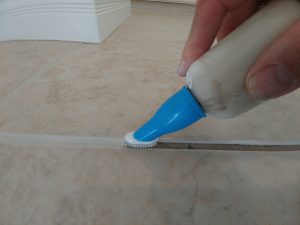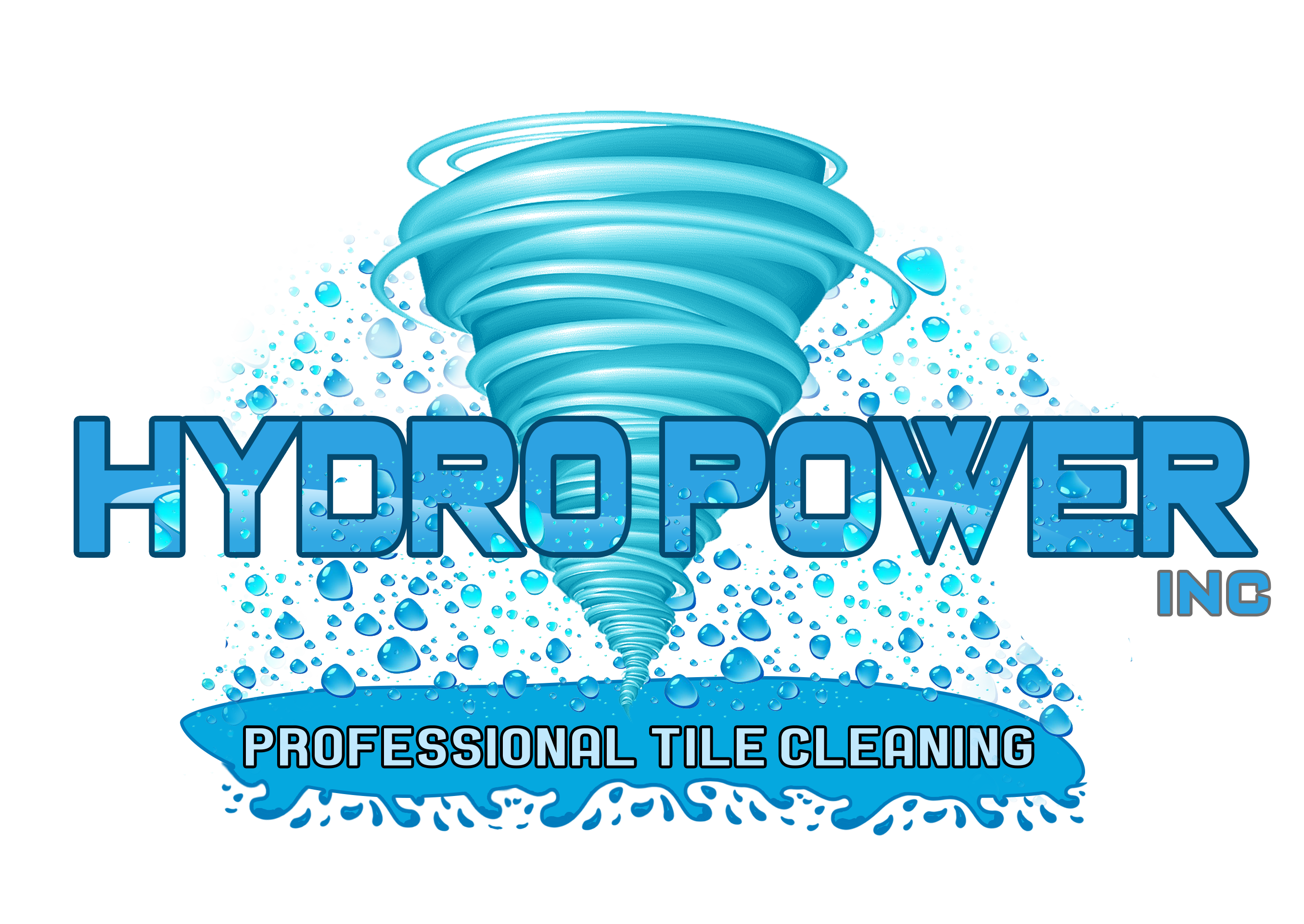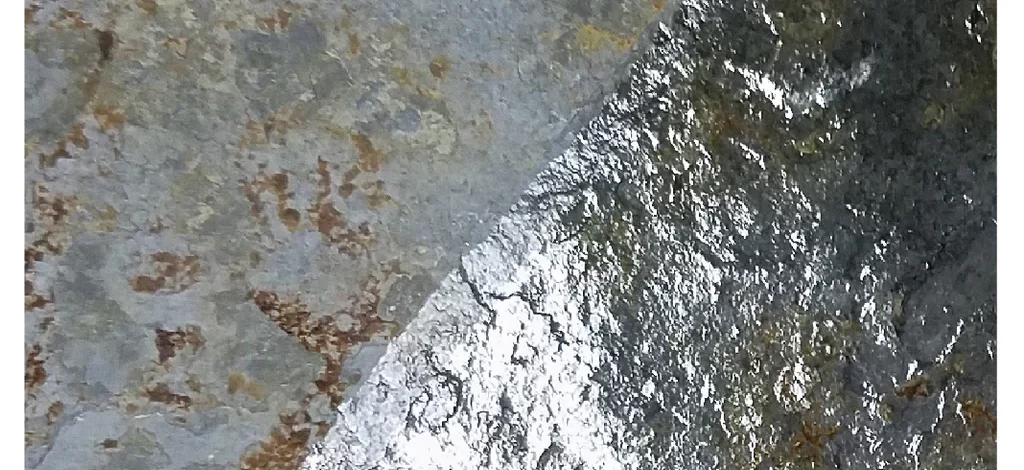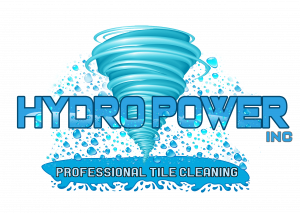Should I Seal My Tile Floors?
The short answer is absolutely yes! Sealing your tile floors prolongs the life, beauty and cleanliness. There are many different types of sealers for tile and grout. This article with clearly define which sealer will be best used for your type of tile and/or grout.
It may come as a surprise, but not all tile needs sealing, especially if it is polished or has a smooth, non-porous surface. Tiles such as natural stone and travertine need sealing. Most sealers are used for grout joints between the tiles. Because of the porosity of the grout, dirt, stains and moisture can get trapped over time causing unsightly grout lines or even mold, especially found in showers.
Here are 4 different options for your tile floors:
Standard Matte Sealant
Semi-Gloss Sealant
High Gloss Sealant
Grout Re-coloring Sealant
Standard Matte Sealant is mainly used for grout lines only, but is also used to seal tiles as well. This sealant dries quickly and leaves the floors looking the same, but with added protection. This type of sealer is also called an impregnating sealer.
Semi-Gloss Sealant is used for porous tile along with the grout lines. This is a type of sealer is also referred to as a topical sealer because it coated the top of the tile leaving a shine effect. Great for sealing natural stone tiles and travertine floors.
High-Gloss Sealant is for those who want a high shine wet look effect. Also excellent choice for porous natural stone tiles.
All the above tile s at sealants are non-slippery.
Lastly, Grout Re-coloring Sealant is used to change the color of your grout while sealing at the same time. These sealants come in 40 colors, are made combining grout stain and sealants for a double job of restoring and protecting the look of your grout lines. Excellent choice for old worn out grout or heavy stained grout.




Leave A Comment